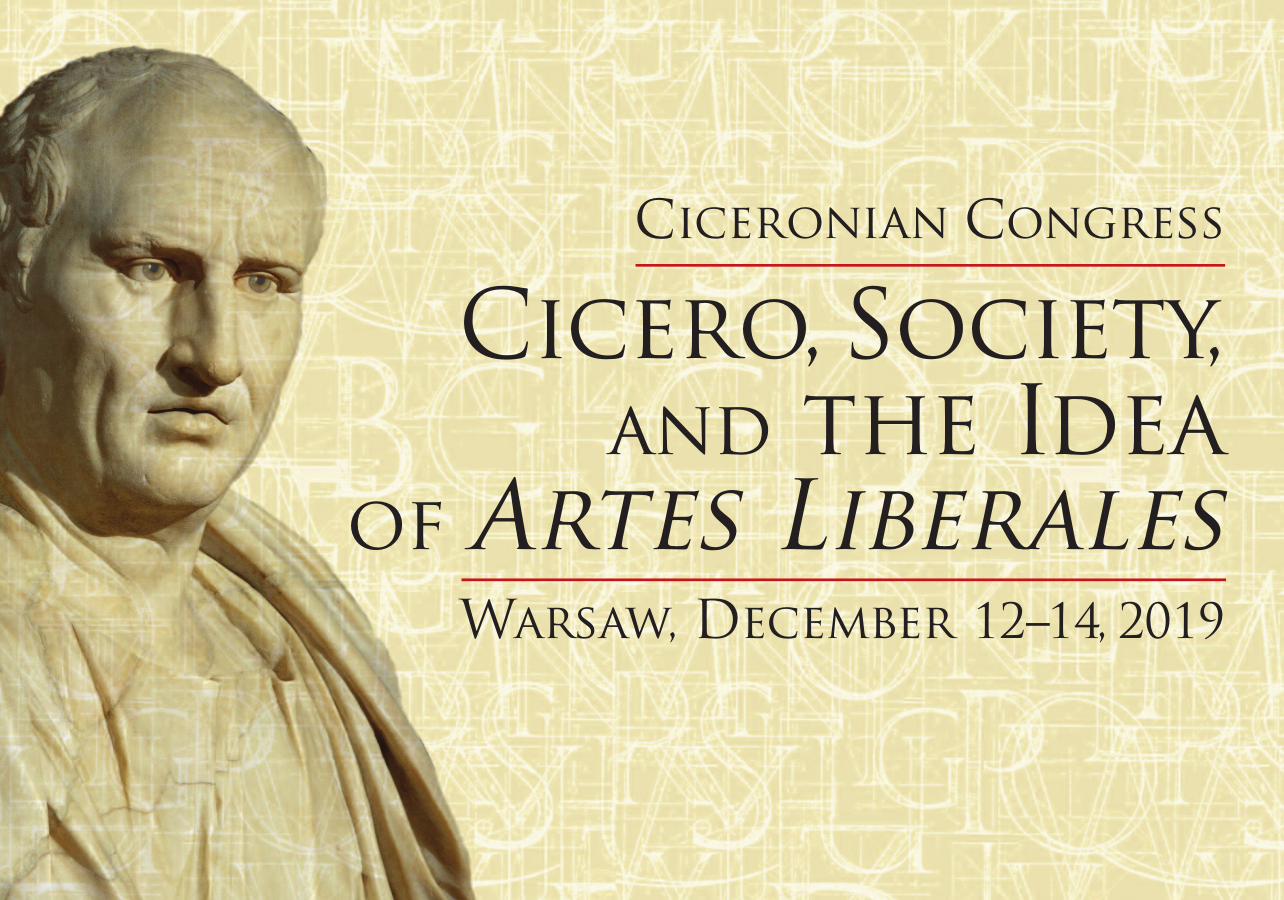Cicero on artes liberales. Merits and Problems
DOI:
https://doi.org/10.13135/2532-5353/5504Abstract
The expression artes liberales, found first in Cicero, has had a lasting and multiform impact through Seneca and Martanius Capella to our days. In its essence, the expression calls for a complete education (over and above strictly technical training) – a project which still has a bearing today with reference to Cice- ro. This is a credit to Cicero, but the project itself is not without issues. Liberalis does not mean “free”, as it is often translated today, but “worthy of a free man”, making it distinct from “dirty” money-making occupations. Such a limitation imposed upon an elite upper class is alien to us. In other instances, Cicero describes the same arts without reservation as “human” (humanae). They are the object of study for their own sake, insofar as they have an intrinsic value, and not to gain an advantage or benefit (such as to earn money). In this respect, the at- tributes liberalis and humanus are often interchangeable. Cicero includes in the artes liberales geometry, music, literature (and poetry), natural sciences, ethics, and politics. This programme is still valid today, though it presents some gaps such as the visual arts and foreign languages. The programme ought to, therefore, be completed and modified. Cicero regularly highlights that all the artes liberales share a common bond. This picture allows for different interpretations. It comes close to the allegory of a circle of noble arts, which is not mentioned in Cicero. However, even if there exist variations and modifications in form, image and con- tent of the artes liberales, Cicero’s reflections on the ideal education remain their original source and essence; they should therefore also be taken into account in current debates on education.
Downloads
Downloads
Published
How to Cite
Issue
Section
License
Authors who publish with this journal agree to the following terms:
- Authors retain copyright and grant the journal right of first publication with the work simultaneously licensed under a Creative Commons Attribution License that allows others to share the work with an acknowledgement of the work's authorship and initial publication in this journal.
- Authors are able to enter into separate, additional contractual arrangements for the non-exclusive distribution of the journal's published version of the work (e.g., post it to an institutional repository or publish it in a book), with an acknowledgement of its initial publication in this journal.


 Ciceroniana On Line is recognised by ANVUR (the National Agency for the Evaluation of the University System and Research) as a CLASS A journal for the Sciences of Antiquity, Philology, Literature and History of Art (
Ciceroniana On Line is recognised by ANVUR (the National Agency for the Evaluation of the University System and Research) as a CLASS A journal for the Sciences of Antiquity, Philology, Literature and History of Art ( The journal is included in DOAJ. The DOAJ listing of the journals is available at
The journal is included in DOAJ. The DOAJ listing of the journals is available at  The journal is indexed in
The journal is indexed in  The journal has been included in ERIH PLUS. The ERIH PLUS listing of the journals is available at
The journal has been included in ERIH PLUS. The ERIH PLUS listing of the journals is available at 

